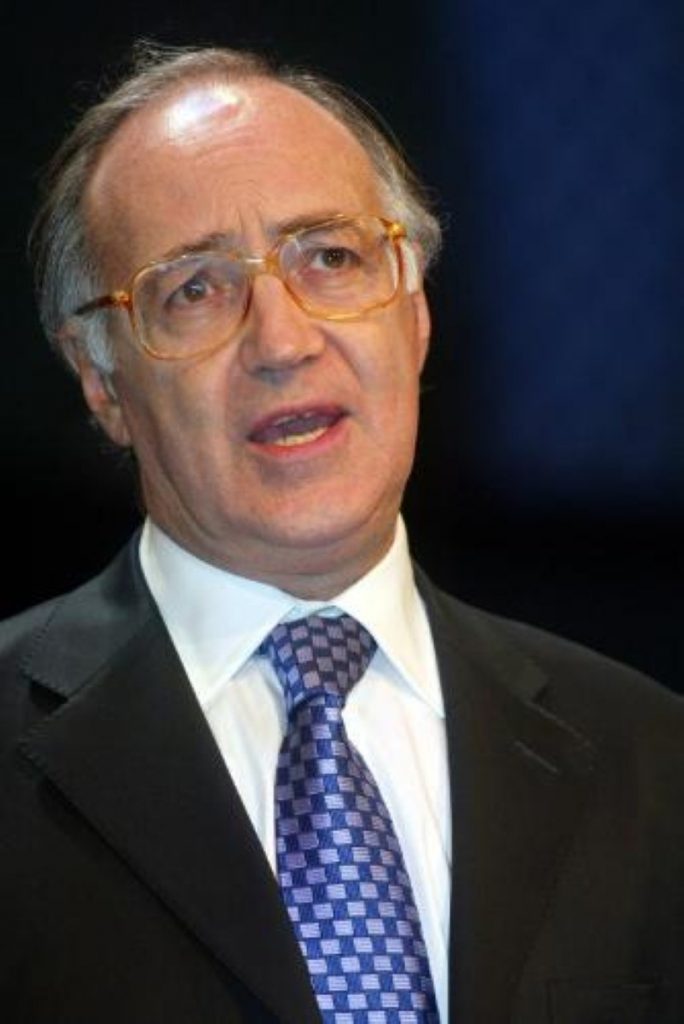Howard: Judiciary ‘second-guessing’ parliament
Judges are putting the security of Britain at risk by striking down legislation designed to protect the nation, Michael Howard said today.
The Conservative leader warned the Human Rights Act has given the judiciary the right to decide whether an act of parliament is proportionate to the objective it is intended to achieve.
As a result, the Law Lords were able to rule the detention of foreign terror suspects illegal last December, on the basis that it did not apply to British citizens and was not a proportionate response to the terrorist threat facing Britain.
But writing in The Telegraph, Mr Howard warns that judges must accept the supremacy of parliament to decide what powers the government needs to protect Britain’s security.


His comments come after Tony Blair last week suggested that the Human Rights Act may be amended to allow for foreign terror suspects to be deported to countries where they could be tortured.
And the prime minister admitted that he faced opposition over getting anti-terrorism legislation through the courts, insisting: “I am prepared for those battles in the months ahead but I am also absolutely and completely determined to see this happen.”
Today Mr Howard said his party would support in principle the prime minister’s measures, saying the judiciary must play their part in dealing with the threat of terrorism.
“Given that judicial activism seems to have reached unprecedented levels in thwarting the wishes of parliament, it is time, I believe, to go back to first principles,” he said.
This involves returning to the idea that parliament makes the law and the judiciary interprets it, and moving away from a situation where they “have been given the right to second-guess parliament”.
“The Human Rights Act, for example, gives the judiciary the authority to consider whether and act of parliament is proportionate to the objective it is intended to achieve – drawing them directly into political controversy,” he said.
Mr Howard said this change to judges’ role had occurred “through no fault of their own” but insisted they must now exercise the powers they have with self-restraint”.
“Parliament must be supreme. Aggressive judicial activism will not only undermine the public’s confidence in the impartiality of our judiciary, but it could also put our security at risk – and with it the freedoms the judges seek to defend,” he said.
Last night the Lord Chancellor denied there was some kind of conflict brewing between the government and the judiciary over anti-terror legislation.
“The judges are there to police the limits of what the executive does; the Human Rights Act, in some respects, gives a discretion in relation to that, but ultimately the response has got to come from the politicians,” he told Newsnight.
He added: “The critical thing is for the politicians to agree on a response to give effect to it clearly in both operational action and its statute. The clearer it is, the less will be the discretion in relation to the judges.”












